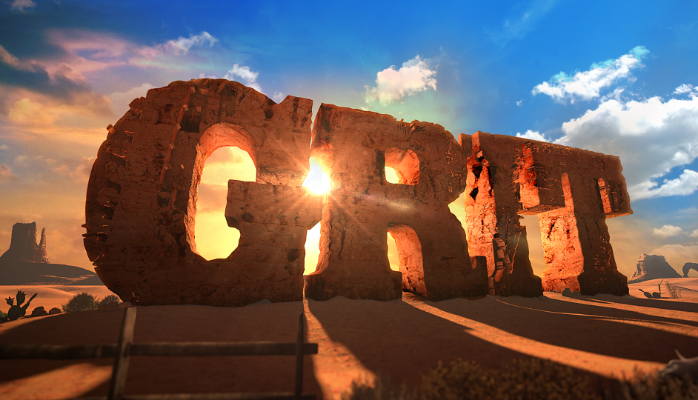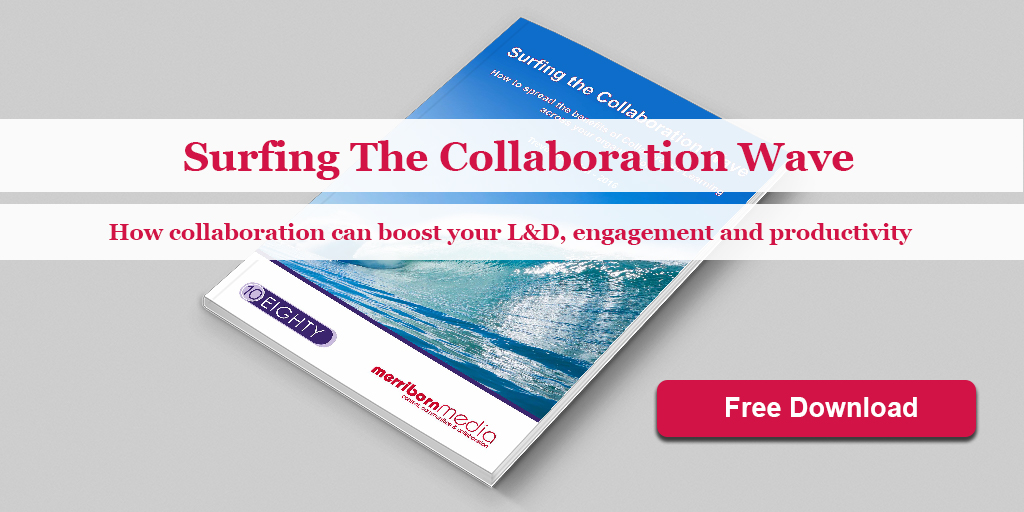Why “Grit” is “It” …
I recently attended an excellent presentation by Professor Angela Duckworth at the London School of Economics. Duckworth told us about her life’s work and the subject of her latest book – the study of “Grit”.
Grit is passion and perseverance for long-term goals. Grit, says Duckworth, is about an ”ultimate concern – a goal you care about so much that it organizes and gives meaning to almost everything you do. And grit is holding steadfast to that goal.”
It’s the “holding steadfast” part that fascinates me, because it’s the part where most of us fall down. Frenetic, passionate activity every so often is no substitute for genuine long term achievement. It’s easy to become frustrated sometimes when passion is not backed by perseverance. And ultimately, this frustration will be the acid dissolving your remaining resolve – the grit that currently lurks within you.
Duckworth’s book is an excellent read – you will get a lot from it – and in the process I’ve attempted to develop three mental skills to keep up my personal “Grit” quotient.
- Outcome. When frustrated, try to develop new skill No.1 – the skill of stepping back. Take a big step back and ask yourself a simple, forward-looking question: “What are we are trying to achieve?” You’re probably further down the road than you realise. It is easy to get wrapped up in a particular challenge without thinking of the progress already made. Avoid questions that keep you in the past, such as “Who is to blame?” or “How did we get into this mess?” Instead, ask yourself “What is working?”, “What needs to change?” and “How do we get there?”
- Attitude. I know it’s difficult, but new skill No.2 is to attempt to strip the emotion out of the situation and just accept that yes, you’re going to feel frustrated from time to time. Criticism from others, for example, is felt far more personally than intended by others. Instead, think about the positives in feeling frustration – we have all experienced “light bulb” moments through brainstorming challenges, shortly after experiencing the biggest doubts. You need to accept frustration in order to appreciate progress.
- 3.Simplify. It’s tempting sometimes to look beyond the obvious to an attractive but complicated solution or get bombarded by (or even seduced by the comfort of) clutter, noise and distractions. Remember that intense but unfocused activity is an inadequate short-term substitute for achievement. Skill No.3 is to remove all the clutter and strip a problem down to its essentials before moving forward again.
That’s my route to a “Grittier” way forward – focus on the outcome, adopt the positive attitude and simplify the challenge. You will doubtless have your own take on this – let me know! Do whatever works for you and you are already well on the way to moving beyond frustration and on to something much, much better.
Merriborn Media is a business dedicated to developing clever content, engaged online communities and effective collaborative working and learning for clients. Both Merriborn Media and its founder Trevor Merriden were ranked in the Top 3 of social learning evangelists for 2016 in a recent major study.


